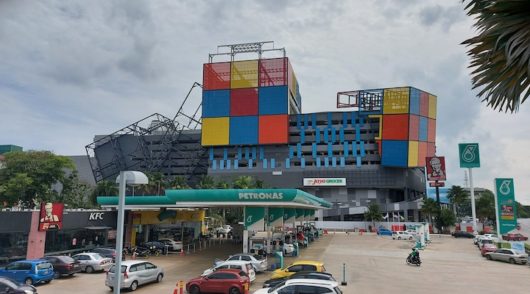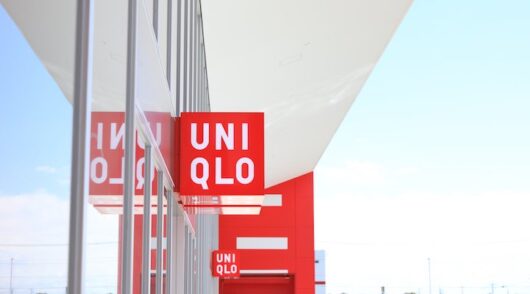China’s outlet store developer/operator Beijing Capital Juda says it aims to open 20 malls by 2020, with the country already able to accommodate another 150 outlets.
CEO Bryan Feng says the company estimates there are about 50 standard outlets in China compared to nearly 300 in the US. “We see great potential in China.”
Backed by Sino-Ocean Group and KKR, Hong Kong-listed Beijing Capital Juda is a spin-off of state-owned property developer Beijing Capital Land owned by Beijing Capital Group.
Feng says the company could leverage not only from state-backed Sino-Ocean and KKR’s financial investments, but more importantly from their overseas management experience and commercial resources.
KKR has invested in outlets in Europe, while Sino-Ocean Group runs several commercial complexes. Both jointly invested HK$1.47 billion (US$191 million) into Beijing Capital Juda last year, holding respective stakes of 16 and 12 per cent.
With four outlets, including its flagship Fangshan Outlets in Beijing, Beijing Capital Juda plans to open another three, in Hangzhou, Nanchang and Wuhan, this year. Its target of 20 outlets across 20 cities by 2020 covers most tier-one and -two Chinese cities.
There is still plenty of room for growth, says Feng, despite established outlets already in top cities like Beijing, Shanghai and Guangzhou, including Florentia Village run by Italian luxury discount mall group RDM and state-owned Bailian Outlets.
“Shanghai, for example, can accommodate six outlets from the existing three, given its tens of millions of population. In Europe, a town with hundreds of thousands people would already have an outlet.”
Feng says Beijing Capital Juda has positioned its retail outlets to offer affordable luxury and sports goods for Chinese millennial consumers rather than focussing on high-end brands such as Gucci and Prada.
Meanwhile, with the authorities’ enthusiasm to build outlets in their local tourist spots or new urban districts, the company can secure prime locations for its projects.
Already the company has introduced such attractions as cinemas and children’s playgrounds to encourage consumers to spend a whole day in its outlets.
“Outlet shopping will become a new norm in the Chinese consumer market,” says Feng. “While it’s impossible for consumers to always go abroad for holidays, coming to our outlets is a good alternative.”






